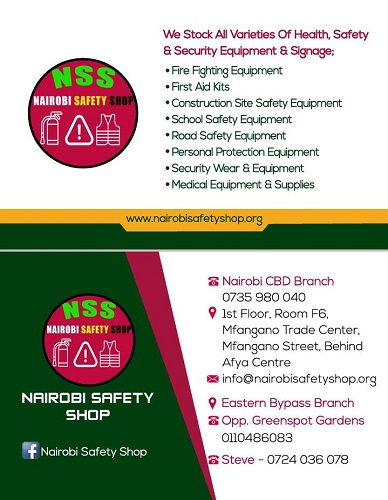Emotional well-being is the ability to produce positive emotions, moods, thoughts, and feelings, and adapt when confronted with adversity and stressful situations. One of its foundations is resilience, which allows you to navigate challenging life events. Think of resilience like a muscle.
Emotional wellness is the ability to successfully handle life’s stresses and adapt to change and difficult times.
Part of mental health is how well your mind processes and understands information and experiences. In contrast, emotional health involves your ability to manage and express the emotions that arise from what you have learned and experienced.
The goals of emotional wellness include those things that keep you mentally and emotionally healthy so you can live your life without being controlled by your emotions.
Interpersonal Wellness Includes:
• Having positive interactions.
• Enjoying being with others.
• Communicating feelings to others.
• Developing and building close friendships.
• Practicing empathy and listening to others.
• Caring for others (including pets)
• More importantly, allowing others to care for you.
• Cultivate a positive outlook.
• Control your emotions.
• Acknowledge others’ expertise.
• Show a real interest in your colleagues.
• Find one good trait in every co-worker.
• Practice active listening.
• Be assertive.
There are many ways to improve or maintain good emotional health.
1. Be aware of your emotions and reactions.
2. Express your feelings in appropriate ways.
3. Think before you act.
4. Manage stress.
5. Strive for balance.
6. Take care of your physical health.
7. Connect with others.
8. Find purpose and meaning.
Emotional wellness is defined as the ability to successfully handle life’s stresses.
Research has found a link between an upbeat mental state and improved health, including lower blood pressure, reduced risk for heart disease, healthier weight, better blood sugar levels, and longer life.
Emotional wellness has to do with your thoughts, feelings, and behaviors. It allows you to clearly recognize and accept your feelings, both positive or negative. This includes adapting to stress, life changes, and difficult times.



















